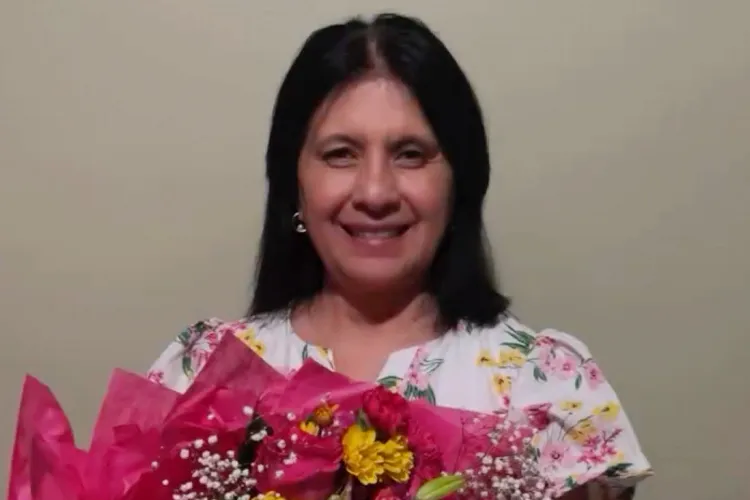A mother and pastor’s wife from Mexico was deported last week after living in the United States for nearly 30 years, leaving her family heartbroken.
A Sudden Deportation Shocks Family
Maria Isidro, a beloved mother and pastor’s wife, was sent back to Mexico on June 11, 2025, after being detained by U.S. Immigration and Customs Enforcement (ICE). Her family, based in Live Oak, Florida, said the deportation came as a shock. Maria had been in the U.S. since 1998, seeking medical care for one of her children, and had worked for years to gain legal status.
The deportation happened during a time when the U.S. government, under President Donald Trump, has increased efforts to deport immigrants without legal permission to stay. Maria’s family is now speaking out, calling her treatment unfair and raising awareness about her case.
A Long Journey in the U.S.
Maria Isidro first came to the U.S. in 1998 to get medical treatment for her child. Over the years, she followed legal steps to stay in the country. According to the Tallahassee Democrat, Maria received a removal order in 2004 but was granted a “stay of deportation,” which allowed her to remain in the U.S. This stay was renewed multiple times as she worked on her legal status.
In 2023, Maria was approved for an I-130 petition, a step toward legal residency, filed by a relative. She regularly met with the U.S. Department of Homeland Security (DHS) to comply with immigration rules. However, on June 3, 2025, she was unexpectedly detained during a routine meeting with immigration officials.
Her daughter, Daniella Isidro, shared the painful news on Facebook, writing, “She was shackled by wrist, stomach, and ankles, leaving bruises on her.” Daniella added that her mother is a respected member of their community, a pastor’s wife, a grandmother, and a caring mother.
A Difficult Journey to Mexico
After being detained, Maria was moved between three U.S. facilities before being sent to Matamoros, a border town in Mexico. The 15-hour trip was tough, she told the Tallahassee Democrat. She said immigration officers threw her belongings at her feet and gave her little food or water during the journey. Detainees, including pregnant women, were shackled and allowed only one bathroom break.
“I started to cry,” Maria told the outlet. “My whole life was in Florida.” She also expressed fear for others who were deported with her, saying, “The people who were with me weren’t criminals. They weren’t people who hurt others.”
Maria, who has diabetes, is now in Mexico without her medications, her family said. They worry about her health and safety.
Family and Community Speak Out
Maria’s family is devastated but determined to fight for her. Daniella told WCJB, a local ABC affiliate, “She just keeps telling us to be strong, and I want to be stronger for her.” The family is raising awareness about Maria’s case, hoping to bring her back home.
A family friend, Logan Hurst, told WCJB, “She’s being treated as though she’s not a human, as though she is a part of a statement, and that’s not the case. This is a person with a family and a community who loves her.”
Maria’s son, Jo, shared his grief on Facebook, saying he couldn’t celebrate his birthday without his mother. “My mother is a Christian woman, a preacher’s wife, a caregiver with no criminal record,” he wrote. “She trusted the system, and still, she was taken from us.”
Official Response and Political Context
The office of Rep. Kat Cammack, a Republican congresswoman from Florida, told WCJB they are working on Maria’s case with U.S. Citizenship and Immigration Services but could not share details. In a statement to The Florida Times-Union, Cammack said, “President Trump’s commitment to America was to fix this dysfunction by securing our borders and deporting criminals, drug traffickers, and those who seek to exploit our laws.” She added that her office is ensuring every case gets a fair review.
The U.S. Department of Homeland Security and ICE did not respond to requests for comment from multiple news outlets, including PEOPLE.
What’s Next?
Maria’s family continues to share her story, hoping to reunite with her. They are working with legal experts to explore options for her return. The case highlights the challenges many immigrants face under current U.S. policies, which prioritize deportations as part of border security measures.
For now, her family holds onto hope. Daniella told WCTV, “We’re trying to stay strong for her, just like she asked us to.” The outcome of Maria’s case could set an example for others in similar situations.


